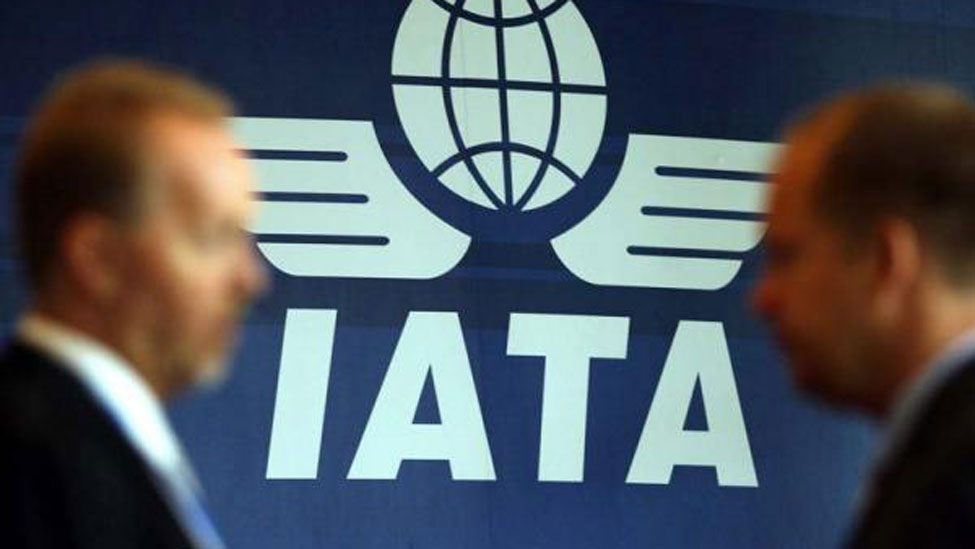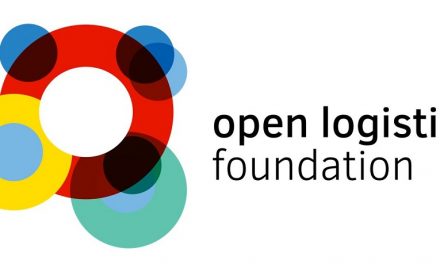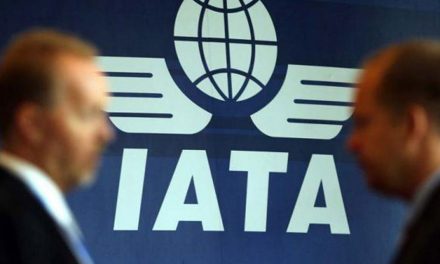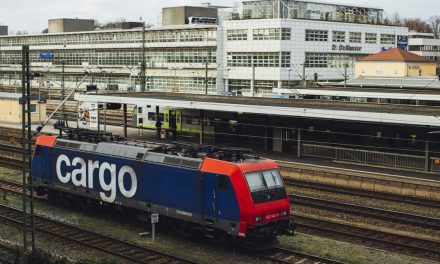
IATA focusing on “digitization, trade facilitation, safety and people development”

The International Air Transport Association (IATA) has highlighted four priorities for the future success of the air cargo industry: accelerating the digitization of the supply chain, enforcing regulations for lithium batteries, more efficient trade facilitation and developing the next generation of air cargo leaders.
Glyn Hughes, IATA’s Global Head of Cargo, outlined the association’s strategy at the World Cargo Symposium which is taking place in Dallas this week.
“Air cargo had an exceptional year in 2017 with 9% growth. And we expect a very healthy 4.5% expansion of demand in 2018,” said Hughes.
“There are great opportunities in e-commerce and the movement of time-and-temperature sensitive goods such as pharmaceuticals. But we must accelerate the modernization of processes, enforce regulations for the safe transport of lithium batteries and improve the efficiency of trade facilitation.
“Longer-term, we also need to inspire the next generation of talent. The air cargo industry has agreed to focus on these key areas and we must follow through.”
Hughes also called for “a strong collective voice against the building headwinds of protectionist measures.”
On the issues of trade facilitation and border efficiency, IATA said that it took an average of 1.41 days to clear goods through customs controls in 2017 (with significant regional variation).
“This is too slow for businesses that compete on speed to meet their customer needs,” said Hughes. “We need to work together with governments to cut the red tape and facilitate faster, cheaper and easier trade.”












